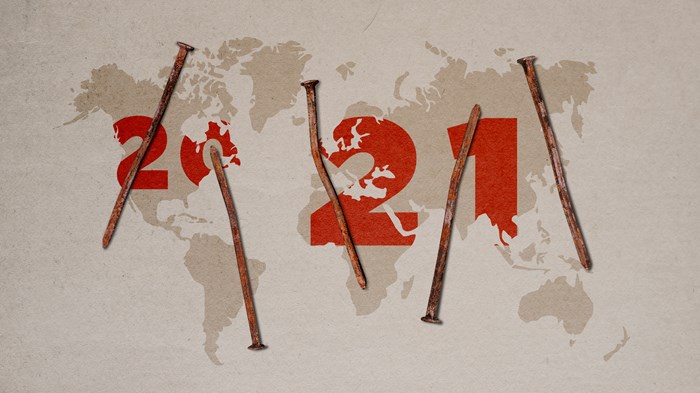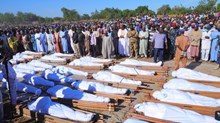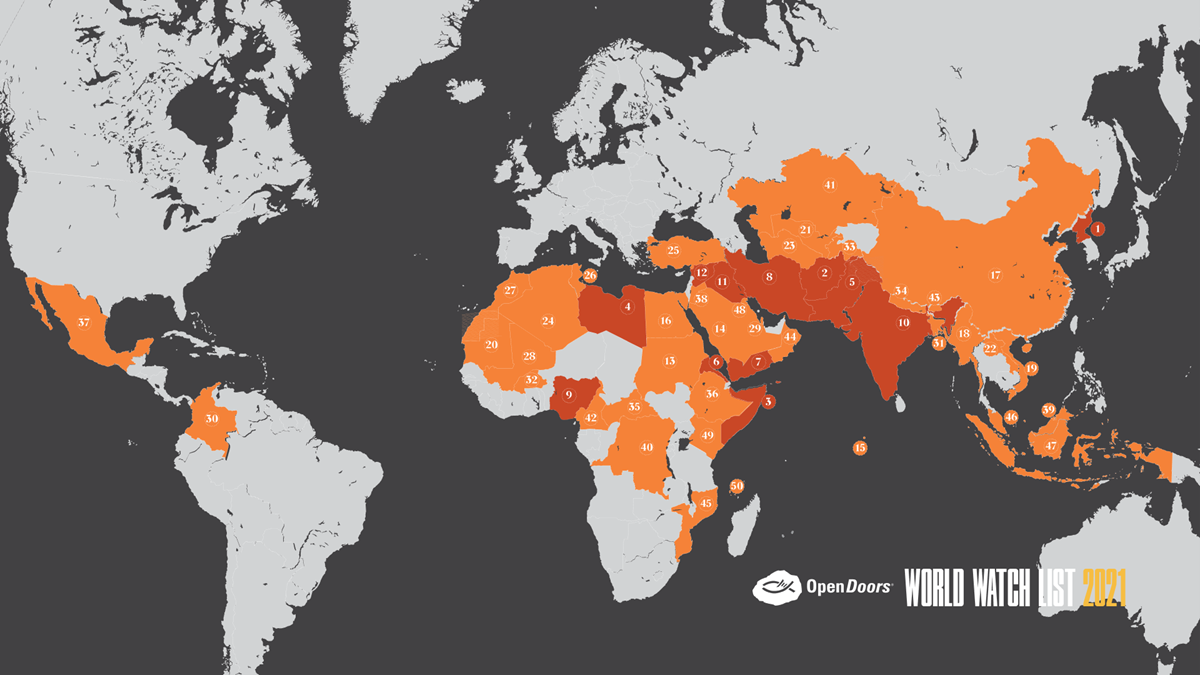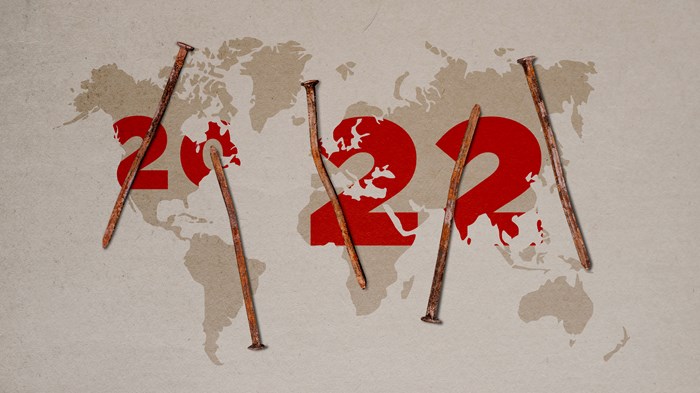Interested in humanitarian aid work to help the North Korean people? - sejin.pak8@gmail.com - Gmail
Interested in humanitarian aid work to help the North Korean people?
Global Humanitarian Engagement contact@globalhumanitarianengagement.org
via gmail.mcsv.net
Wed, May 25
|
Global Humanitarian Engagement
Register to attend at this link
Learn more about the event : www.ghe-events.orgJune 11, Saturday 7-8:30 AM EST
Online
Global Humanitarian Engagement (GHE) is an organization that has held educational events on humanitarian engagement since 2012. We are hosting an event to bridge generations of humanitarian workers who have been working in the DPRK (Democratic People's Republic of Korea). The humanitarian effort has been characterized by resilience and perseverance, as workers have withstood sanctions and geopolitics. Humanitarian efforts surged forward in the 1990s in the wake of famine and nonprofits from countries worldwide have been part of the effort. COVID has created a prolonged disruption in humanitarian operations, but the resolve to continue remains. Such hard earned lessons over three decades of experience must be shared with the next generation to promote synergy and lasting progress. Through this educational experience, aspiring volunteers - both experienced and new, can mature their aspirations and hone their goals. The event aligns with 10 years of Global Humanitarian Engagement (GHE) running educational events on interdisciplinary aspects of engagement with DPRK. This is the first open access event to bring together nonprofit leaders from different countries. Combined, their organizations have spearheaded over 150 short and long-term experiences to all nine provincial areas of DPRK over the past thirty years. Given the geopolitics of aid, humanitarian efforts from each country will offer unique insight. Enjoy a preview of the event, by watching an interview with Randall Spadoni, World Vision’s North Korea Program Director and Senior Regional Advisor for Asia Pacific. Join us for this landmark event, and learn how you can make a difference. |
|
|

 READ THIS ISSUEThe Scottish Complementarians Who Teach Women to Preach
READ THIS ISSUEThe Scottish Complementarians Who Teach Women to Preach












 READ THIS ISSUEThe Scottish Complementarians Who Teach Women to Preach
READ THIS ISSUEThe Scottish Complementarians Who Teach Women to Preach



